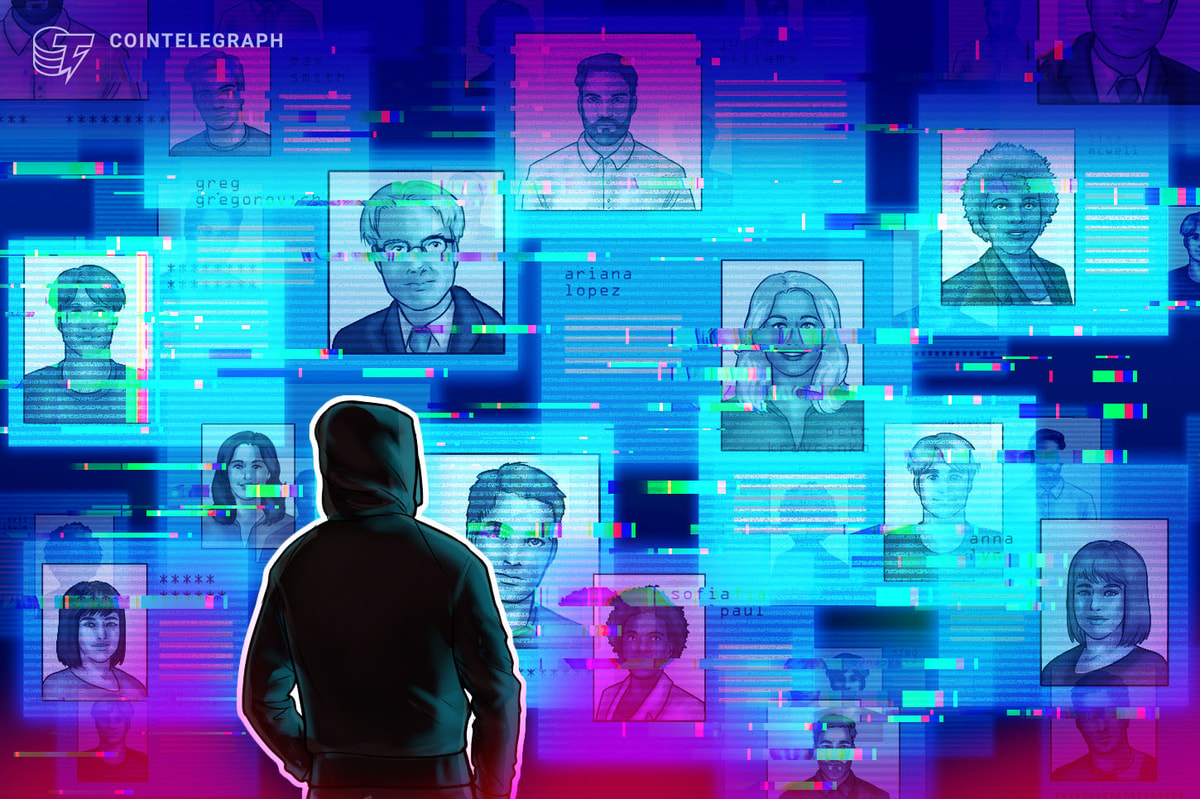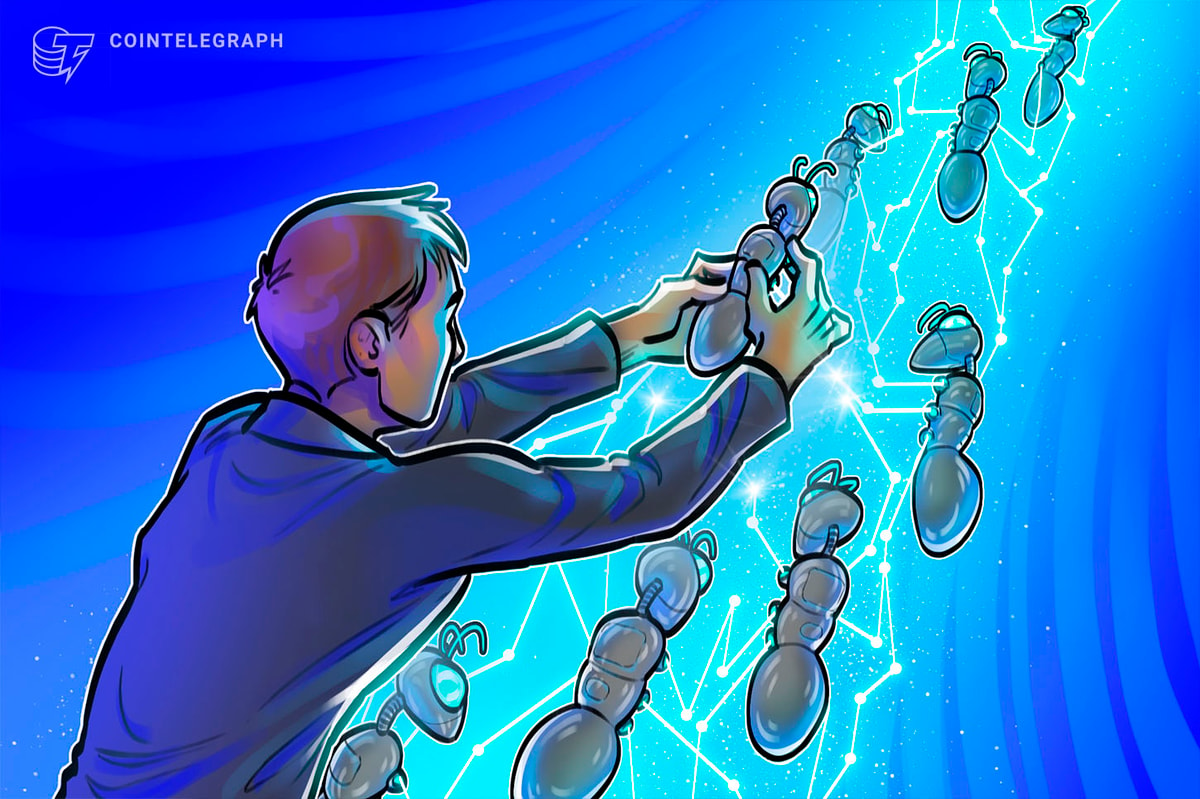Opinions expressed by Entrepreneur contributors are their own.
You’re reading Entrepreneur India, an international franchise of Entrepreneur Media.
Technology is transforming education in many ways allowing instructors to engage with students, teachers, and schools to exchange ideas and students to learn through online AI-driven ed-tech immersive learning platforms. The advent of immersive learning tools (AR/ VR) and artificial intelligence (AI) will further revolutionize the next decade. The development of artificial intelligence and machine learning technologies is expected to change how humans learn and teach. With the increase in consumer demand for convenience and more flexible schedules, many students are now taking classes online, saving them time and money. Additionally, the use of technology in education has led to an increase in student participation and engagement. The use of tools such as MOOCs (massive open online courses) and other forms of online learning has made it possible for a large number of students to access free or low-cost higher education. Subsequently, the transformation has contributed to increased access to quality education for all.

Pexels
An ed-tech organization that aims to revolutionize education by incorporating elements like gaming, 3D modelling, visualization, and incentivized opportunities into the learning experience for students and educators worldwide, Edverse was co-founded by Yuvraj Krishan Sharma, Gautam Arjun, and Alok Patni. Having a community of over 50,000 across social media platforms, Edverse aims to create a digital space that serves and empowers all four stakeholders in the metaverse: promoters, educators, creators, and learners. The company has introduced innovative concepts such as EdNFTs in the NFT marketplace and has partnered with institutions, including Chef Passport and Living Opera.
Education metaverses are knowledge ecosystems made specifically for immersive and interactive experiences that promote collaboration, communication, and content mastery in a safe environment. The educational metaverse allows teachers to create virtual environments where students can learn and collaborate. The main benefit is that it provides a space for teachers and students to engage in learning activities at any time and from anywhere. It enables teachers and students to create, share, and review content with the use of digital tools like AR/VR to enhance the learning process. It provides an environment where students can interact with their peers and student matter experts from across the globe, collaborate on projects, and access resources when they need them most. Students can participate in real-time simulations of scenarios that would otherwise be impossible or unsafe to replicate in real life (i.e., flying an aeroplane). It increases engagement and makes learning more enjoyable, allowing them to make new friends, learn about new cultures, and see things from a different perspective. Furthermore, it will enable students to work collaboratively on projects, which will help them develop the skills they need to succeed in today’s workplace.
The focus at Edverse is on developing an inclusive, equitable, and decentralized learning system that allows all stakeholders in the educational ecosystem, including promoters, educators, creators, and learners, to access the metaverse.
“Our team has a wealth of experience in creating AR and VR-powered educational products, and our partnerships with companies like Google and Pearson demonstrate our track record of innovation and excellence in education. Through the use of innovative concepts, our team aims to transform the way education is structured through decentralized learning. This will revolutionize online and distance education, create new teaching methodologies, update course materials, and provide financial and academic incentives. Our system is designed to meet the needs of the metaverse and Web3 era,” said Yuvraj Krishan Sharma, co-founder and CTO, Edverse.
Edverse is different from other tech platforms due to its focus on using the metaverse to revolutionize the traditional classroom setting. The metaverse classroom allows for hands-on learning, virtual visits, VR labs, interactive and immersive learning, student involvement, and increased concentration. The metaverse’s virtual world is a combination of real and virtual experiences using various technologies, making it a popular choice for education. According to Sharma, the team is constantly working on innovative and interactive new ideas to stay relevant in the metaverse. One key advantage of metaverse education like Edverse is the ability to collect data on students’ learning habits and use it to tailor instruction and support student learning.
Metaverse education’s cost-effectiveness is a crucial factor in its success. As an online platform, users can pace their learning from anywhere in the world. Sharma believes the metaverse learning experience would be economical since the virtual reality environment would be affordable for a majority of people. The learning experience would also be economical because it allows learners to learn without pressure from deadlines or competition with other students while rewinding and repeating lessons if the need arises. The flexibility allows learners to learn on their terms while still getting all the benefits of a traditional classroom experience, such as interaction with teachers and classmates, all while saving time and money.
Challenges are opportunities in the digital era to discover innovative ways to transform the educational ecosystem. The metaverse offers a new form of immersive virtual communication that allows for in-person experiences in a digital setting. However, meeting the demands of the contemporary digital world can be challenging. The traditional educational structure is often teacher-led, lacks personalization for students with specific learning needs, and may not prepare students for the employability requirements of the modern industry.
“At Edverse, we are focused on finding new avenues for employment, education, and living in the new millennium. As new vocations and skill sets emerge, we believe it is important for learners to go beyond the basics and develop specialized skills. Through decentralized learning, we aim to provide a comprehensive platform for learners and educators worldwide to transform and enhance their development of modern skill sets. Our goal is to see widespread adoption of Edverse in schools, institutions, and individuals, which will improve students’ learning abilities, overall development, and career prospects in the future,” added Sharma.
The education metaverse platform raised $700,000 in its seed round, led by blufolioAG, Crypto Oasis Sentio, Vulcan Forged, Grizzly Capital. Recently, the platform launched “Edverse Meta Classroom,” the world’s first virtual classroom in the metaverse that provides 3D immersive learning experiences for educators and learners.
Read More: news.google.com









 Illuvium
Illuvium  Amnis Aptos
Amnis Aptos  Bio Protocol
Bio Protocol  AUSD
AUSD  Big Time
Big Time  Sophon
Sophon  Anzen USDz
Anzen USDz  Status
Status  Initia
Initia  Cookie DAO
Cookie DAO  Terra
Terra  Moonwell
Moonwell  Alchemist AI
Alchemist AI  VVS Finance
VVS Finance  Solar
Solar  Tellor Tributes
Tellor Tributes  Constellation
Constellation  Metis
Metis  AI Companions
AI Companions  Beets Staked Sonic
Beets Staked Sonic  Acet
Acet  Kamino
Kamino  Origin Ether
Origin Ether  Hive
Hive  Sui Bridged USDT (Sui)
Sui Bridged USDT (Sui)  BitDCA
BitDCA  Metaplex
Metaplex  Siren
Siren  GAL (migrated to Gravity - G)
GAL (migrated to Gravity - G)  Gamebitcoin Power
Gamebitcoin Power  ConstitutionDAO
ConstitutionDAO  Waves
Waves  Hivemapper
Hivemapper  ViciCoin
ViciCoin  Lift Dollar
Lift Dollar  Mythos
Mythos  Energy Web
Energy Web  Degen
Degen  SingularityNET
SingularityNET  Function ƒBTC
Function ƒBTC  Loopring
Loopring  PHALA
PHALA  Ozone Chain
Ozone Chain  Alchemy Pay
Alchemy Pay  Rekt
Rekt  Conscious Token
Conscious Token  Non-Playable Coin
Non-Playable Coin